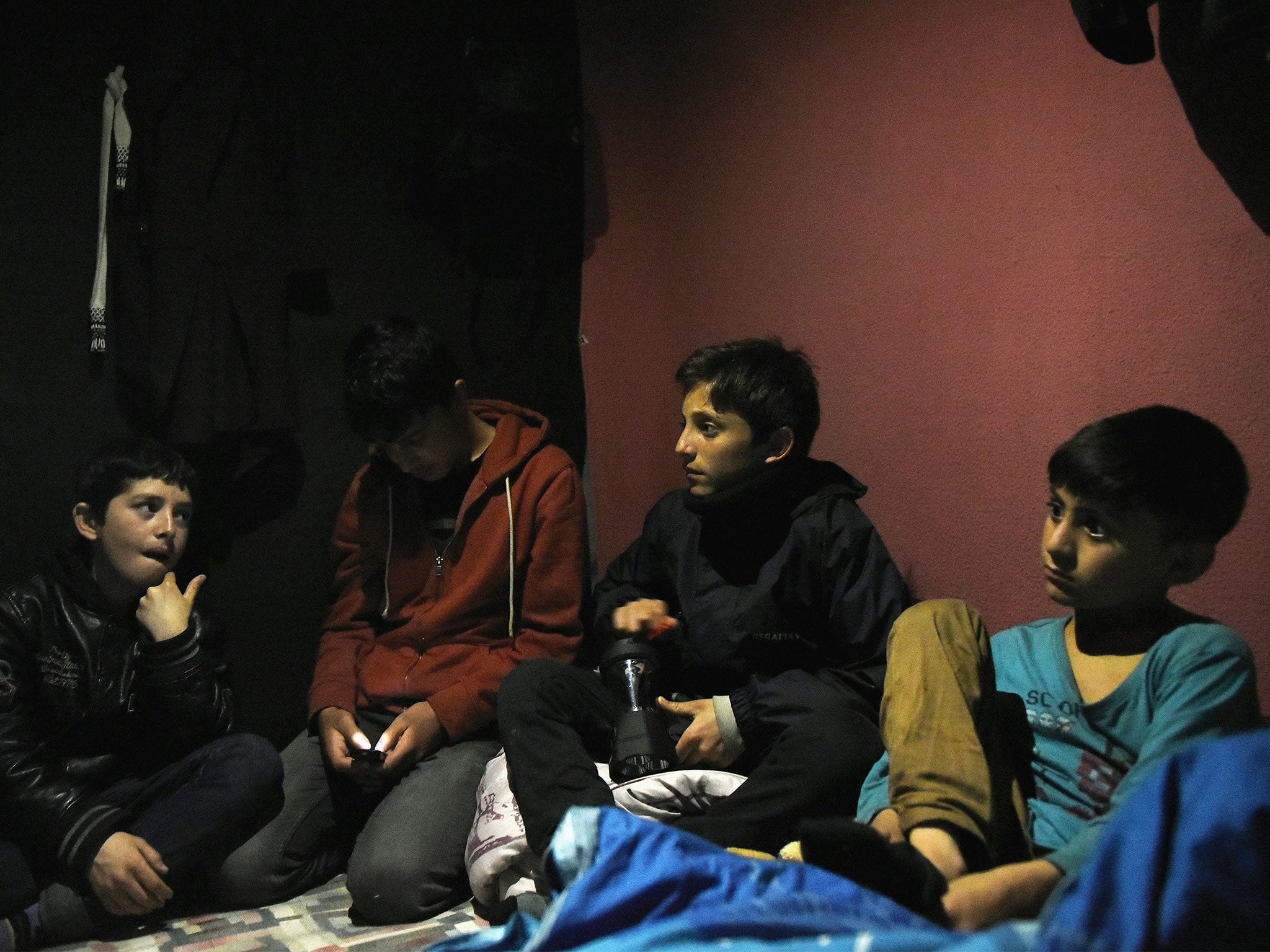Hundreds of children seeking refuge in UK deported to ‘unsafe’ countries at age 18
Exclusive: Fears young people sent to Afghanistan are being placed in situation where ‘survival is impossible’

Hundreds of children who sought refuge in the UK have been deported after turning 18 to countries the government deems dangerous to visit, The Independent can reveal.
This includes 141 sent to Afghanistan – where campaigners say their British links make them targets for extremists.
Figures obtained through freedom of information laws also showed 30 people had been sent to Iraq, six to Somalia and at least one to Sudan, conflict-hit countries the Foreign Office advises against almost all travel to.
Groups working with migrants claim those sent to war-torn areas are being placed in a situation where “survival is impossible”.
At least 30 others have been removed to nations, large parts of which the government urges Britons not to travel to, including the Democratic Republic of Congo, Egypt and Ethiopia.
In total, 734 people handed some form of reprieve in the UK as minors were removed from the country between January 2015 and September last year – 19 of whom were 12 or younger when they first arrived in Britain.
Abdul Ghafoor, who runs the Afghanistan Migrants Advice and Support Organisation in Kabul, said he had dealt with young people who had lived in the UK for up to a decade before being removed.
He warned that westernised teenagers faced huge difficulties integrating into Afghan culture, and could even face stigmatisation from their own families if they did not follow societal norms.
But young men, he said, also faced a threat from extremist groups such as the Taliban and Isis, who would kill them if it was discovered they had grown up in the UK.
“The main issue today is the security situation, some of those returning will be met in their provinces by the Taliban or Isis,” Mr Ghafoor said.
“Isis now have a very strong hold in the west of Afghanistan but even in Kabul they have gained more ground and have carried out deadly attacks – hundreds of people have been killed.
“If they find any kind of evidence you have been to the UK or even doubt that you have been to Europe, that is the end of your story.
“If there is any case for doubt, if they find a phone number or anything that is not from Afghanistan, they will kill those boys.”
Many of those detailed in the statistics are people granted leave in the UK as unaccompanied asylum-seeking children (UASC), who were later removed after their status expired.
UASC leave can be handed to any unaccompanied child seeking asylum who has been denied refugee status by the British government.
But the conditions only afford children a limited stay, and leave is initially granted for only 30 months or until the child turns 17-and-a-half, whichever is the shorter period of time.
Leave can be extended, but the status presents children with an uncertain future, with many told they can no longer remain in the UK after years of residence once they reach adulthood.
Liz Clegg, founder of the Meena Centre in Birmingham, which supports child refugees and asylum seekers, expressed concern about young people being removed to countries such as Afghanistan and Iraq.
She warned UASCs generally became a “fully supported, fully integrated young person in the community” in less than three years, while returning to societies with vast cultural differences to the UK often proved traumatic.
“The Home Office refuses to recognise westernisation as an issue,” she added. “It is gobsmacking how quickly children from extremely different backgrounds and cultures integrate without any effort or anyone telling them to.
“They are changed people, they can never go back to being what they were – many would struggle to go back to countries that are very conservative. Psychologically it’s a huge issue.
“We know people who have gone back to Afghanistan and they are in shock. Things that became normal to them suddenly they cannot do – they cannot crack a joke, they cannot listen to the music they like.
“They know the culture and they are aware of it. They have a familiarity but the practicalities day-to-day of reintegrating are a huge struggle to them.”
Judith Dennis, policy manager at the Refugee Council, called on the government to ensure it was always acting in the “best interests” of young people when ordering they return to their country of origin.
“Children seeking protection in the UK can be some of the most vulnerable people in our community, and it’s critical they are only returned to the countries from which they fled when there is every possible guarantee of their safety,” she added.
“This will involve examining both how safe the country of origin is, as well as the young person’s ability to survive there. Research suggests that young people can face many challenges when forced to return to their country of origin having spent their formative years elsewhere.
“This includes fear of stigma and discrimination, relationships with family, and the wider community having become fractured and insufficient access to the services they need.”
A Home Office spokesperson said the UK has a “proud history of granting asylum to those who need our protection”, and the country had provided refuge to more than 34,500 children since 2010.
“Where a decision has been made that a person does not require international protection, removal is only enforced when we conclude that it is safe to do so, with a safe route of return,” they added.
“All claims for asylum are considered on their individual merits. Where people establish a genuine need for protection, or a well-founded fear of persecution, refuge will be granted.”
Subscribe to Independent Premium to bookmark this article
Want to bookmark your favourite articles and stories to read or reference later? Start your Independent Premium subscription today.

Join our commenting forum
Join thought-provoking conversations, follow other Independent readers and see their replies